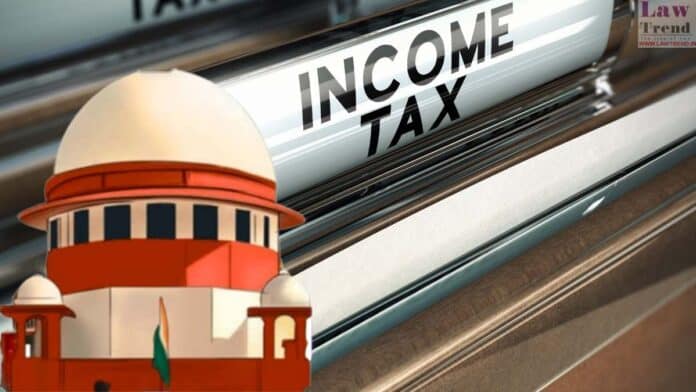In a significant ruling, the Supreme Court of India has resolved a longstanding interpretative conflict regarding the interaction between deductions under Sections 80-IA and 80-HHC of the Income Tax Act, 1961. The Court held that while deductions under both provisions may be computed independently, the aggregate deduction cannot exceed the profits and gains of the
To Read More Please Subscribe to VIP Membership for Unlimited Access to All the Articles, Download Available Copies of Judgments/Order, Acess to Central/State Bare Acts, Advertisement Free Content, Access to More than 4000 Legal Drafts( Readymade Editable Formats of Suits, Petitions, Writs, Legal Notices, Divorce Petitions, 138 Notices, Bail Applications etc.) in Hindi and English.




